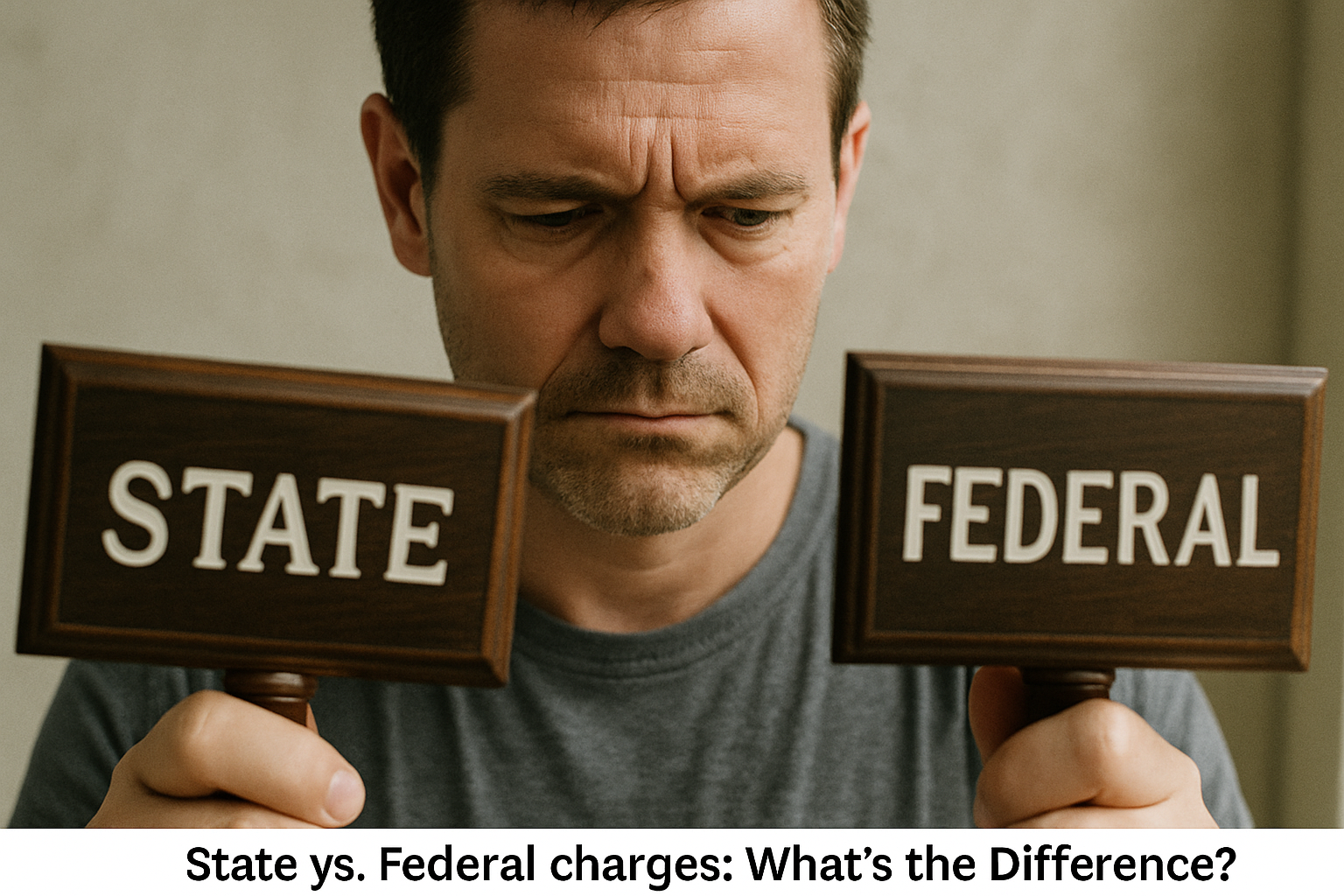Will a Drug Arrest Show Up on a Background Check?
Learn if a drug arrest will show up on a background check in Texas. Understand expungement, nondisclosure, and how to protect your future. Contact an attorney near you today.

Will a Drug Arrest Show Up on a Background Check?
You might think that if you weren't convicted, you're in the clear.
Unfortunately, that’s not always true — drug arrests can still appear on background checks in Texas.
Whether you’re applying for a job, housing, or a professional license, understanding how your record shows up is critical.
In this post you’ll learn:
- When a drug arrest appears on a background check
- What employers, landlords, and agencies actually see
- How to protect yourself
- Why consulting an experienced attorney near you is crucial
Step 1: Understand What Background Check Companies Look For
Many people mistakenly believe that background checks only reveal convictions. In reality, background screening companies often report much more, including arrests that never led to charges or cases that were eventually dismissed.
If you've been arrested but not convicted, that record can still show up. Even if charges were filed and later dropped, or if you completed deferred adjudication, those records may appear on background checks—unless they’ve been formally sealed or expunged.
And of course, any final conviction, whether by a guilty plea or verdict, will definitely appear.
Step 2: Know Who Sees What
Not all background checks are created equal—access depends on who’s requesting the information.
Private employers and landlords typically see public arrest and conviction records. This includes any non-sealed or non-expunged records such as deferred adjudication or dismissals.
Government agencies, including law enforcement, licensing boards, and immigration authorities, have access to complete records, even those that have been sealed through an order of nondisclosure.
Step 3: Understand the Role of Expungement and Nondisclosure
Just because your case was dismissed or you completed a diversion program doesn’t mean your record automatically disappears. You must take formal legal action to clear it.
If you're eligible for expungement, your record is completely erased, and no one—including police—can access it. If you qualify for nondisclosure, your record is sealed from public view, but government entities will still have access.
Tip
Once your record is expunged or sealed through nondisclosure, you’re legally allowed to deny the arrest or charge in most situations—including job applications and apartment leases. But to get to that point, you’ll need help from an experienced lawyer near you who can navigate the process and protect your future.
Step 4: Identify the Impact on Employment
Problem:
An open or visible drug arrest can hurt your job prospects.
Solution:
- Many employers use background checks through third-party companies.
- Visible drug arrests can trigger automatic disqualification in sensitive fields like healthcare, education, banking, and law enforcement.
Key takeaway:
Even one arrest — without a conviction — can hurt your career if not properly handled.
Step 5: Know the Impact on Housing
Problem:
Landlords often run background checks too.
Solution:
- Public arrest records can make landlords nervous, even if the case was dismissed.
- Many apartment complexes and housing programs use national databases that pull arrest records.
Important:
Expunging or sealing your record is crucial for future housing stability.
Step 6: Know the Impact on Professional Licensing
Problem:
Professional licensing boards (like for nurses, teachers, or realtors) require background checks.
Solution:
- Arrests and dismissals are often scrutinized — not just convictions.
- Even sealed records must usually be disclosed during licensing applications.
Tip:
Always disclose accurately when applying for a license. Hiding information can cost you your license permanently.
Step 7: How to Protect Yourself
Problem:
Old drug arrests can pop up years later.
Solution:
- Pursue expungement or nondisclosure as soon as you're eligible.
- Review your own background check to see what shows up.
- Consult an attorney to clean your record properly and legally.
Key takeaway:
A proactive approach now can save you major headaches later.
Real-World Example
Example:
- You’re arrested for possession of marijuana.
- Charges are later dropped.
- You apply for a job two years later — and the employer sees the arrest on a background check.
- Because you didn’t expunge or seal your record, you lose the job offer.
Result:
If you had expunged the record, the employer would have seen nothing.
Why You Need an Attorney to Help Clear Your Record
An experienced criminal defense attorney near you can:
- Review your eligibility for expungement or nondisclosure
- Draft and file petitions to clear your record
- Represent you at hearings if needed
- Ensure your record is properly updated across all agencies
- Protect your employment, housing, and licensing opportunities
The Law Office of Ray Vazquez has helped hundreds of Texans erase or seal drug arrests — and can help you reclaim your future.
Conclusion
A drug arrest can follow you for years — but it doesn’t have to.
Understanding how background checks work — and taking action to clear your record — is one of the smartest moves you can make for your future.
If you or someone you love needs help cleaning up a drug arrest:
Call the Law Office of Ray Vazquez today at (832) 343-8023 or visit rayvazquezlaw.com to schedule a confidential consultation with an experienced attorney near you.
Your record — and your future — are worth fighting for.


